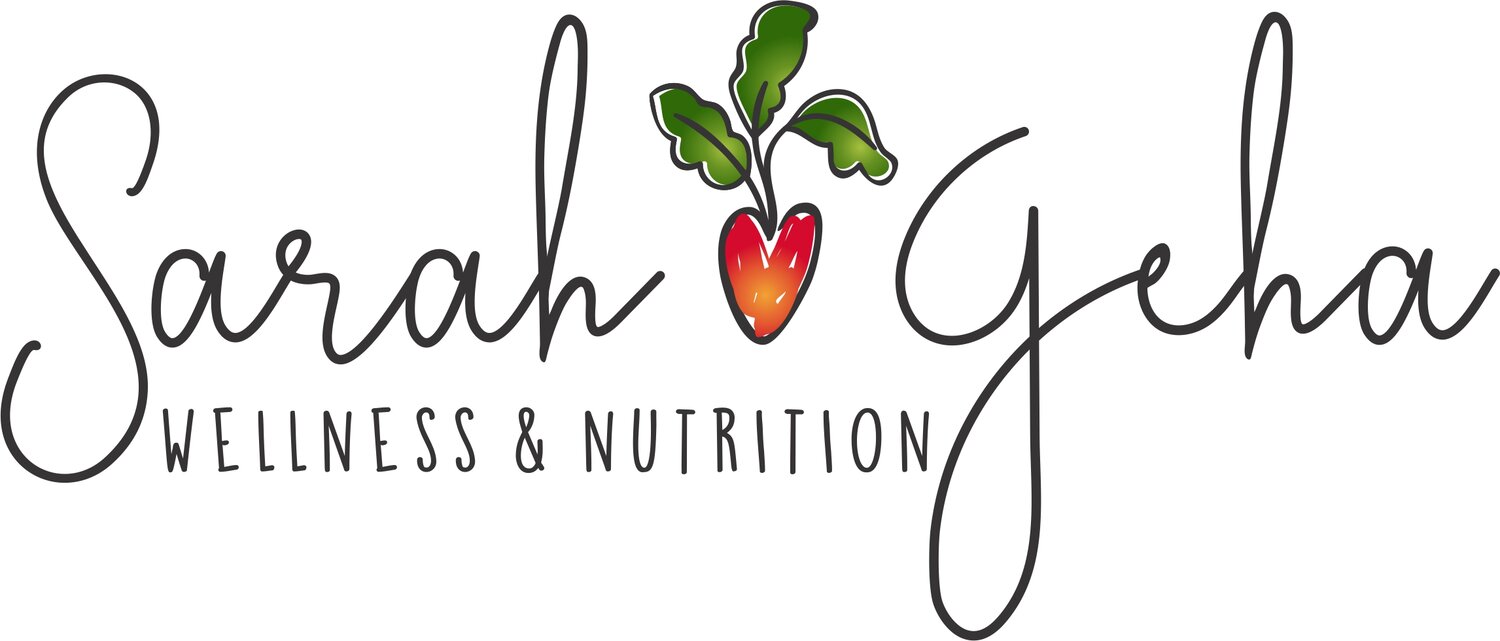Lithium — the Mineral That Calms You Down and Protects Your Brain!
/When some people hear “lithium,” they think of a prescription drug for bipolar disorder. But few realize that lithium is also a naturally occurring trace mineral that is found in soil, water, and some foods. This wonder mineral can do two pretty huge things - help manage stress & anxiety, and support long term brain health!
Read More
